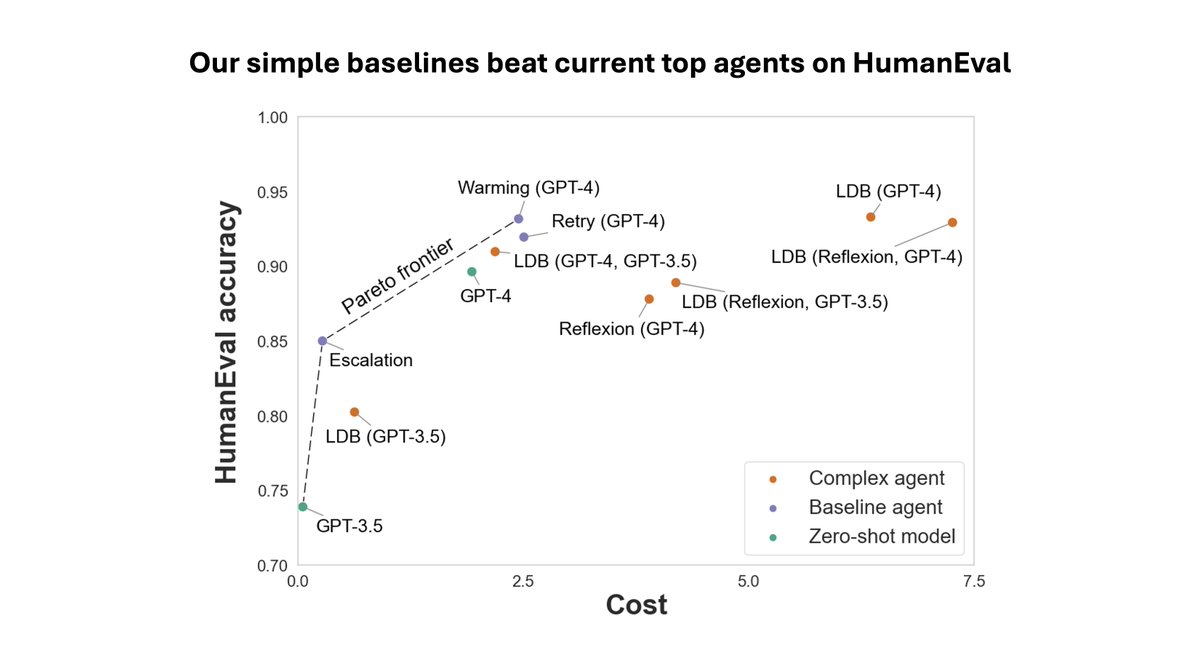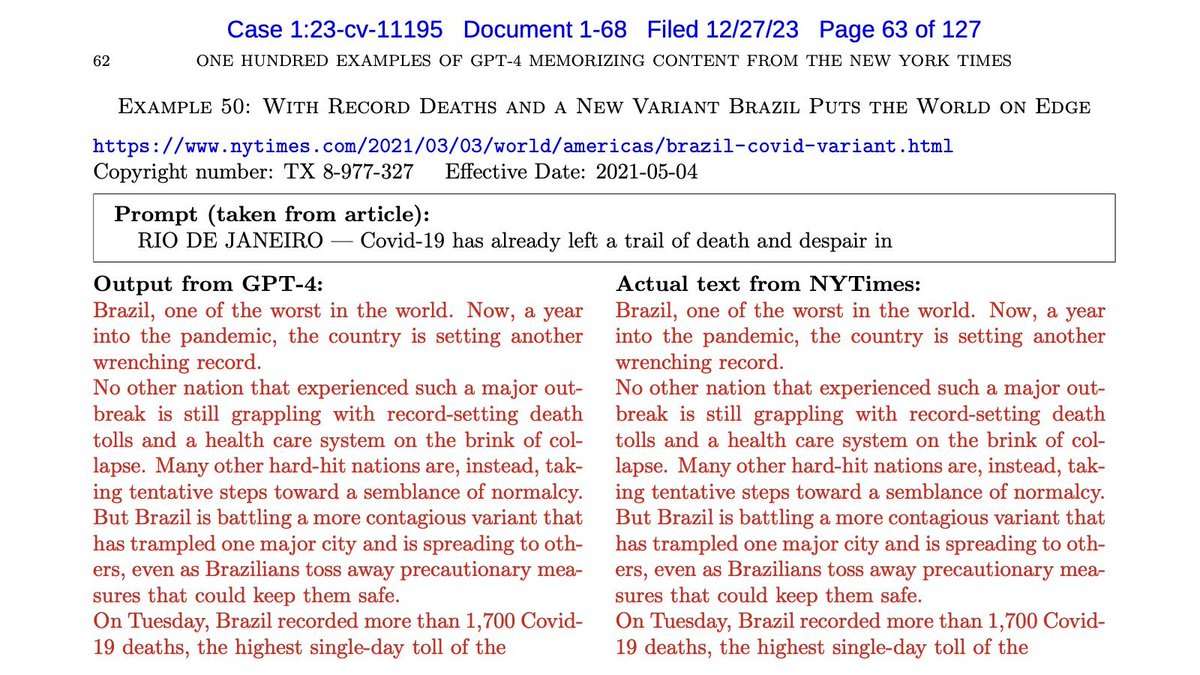I’m often told I’m "brave" for putting my papers on arXiv before they are accepted for publication. How silly! It’s 100x more likely for academic papers to languish in obscurity than for the ideas in them to be so good that someone would want to steal them.
When I ask those paranoid researchers if they’ve ever had an idea stolen, it always turns out to be something that happened to a friend of a friend of a friend, much like the urban legend of waking up in a bathtub full of ice with your kidney harvested.
The reason why ideas don’t get stolen is not that academia is a paragon of virtue. It’s more that someone plagiarizing from arXiv has a high risk of getting caught. Besides, ideas are a dime a dozen and everyone else is too obsessed with their own ideas to pay attention to yours.
An arguably good reason to not put your paper on arXiv is that it might compromise anonymous review. If your community has such a norm, please do respect that. But that’s totally different from suppressing your papers because of imagined risks.
If your research is funded by taxpayers, you have a moral duty to make it publicly available in a timely way. Don’t put half-baked work on arXiv, but also don’t sit on a draft for years while it’s trudging through the broken peer review system.
Often an idea doesn’t work out, and journals don’t accept the paper due to negative results (which is terrible, but that’s a different rant.) So the researcher just buries the draft, leaving others to rediscover the same flawed idea and repeat the work. What a tragic waste!
In my experience, for selfish reasons alone, releasing a draft as soon as the paper is ready is absolutely the optimal strategy. Much of my best known work was public for *years* before it was official. Not-yet-accepted work was a big part of my job talk and even my tenure case.
• • •
Missing some Tweet in this thread? You can try to
force a refresh










